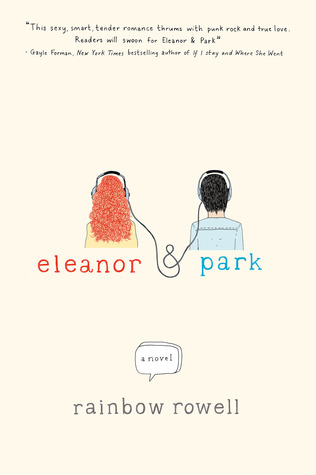Novel: The Lightning Thief, by Rick Riordan
It's Like: If awesome took the form of a novel! Seriously though, its kind of like Harry Potter but with demigod abilities and Greek Myths thrown in here and there.
Summary: You poor, poor soul if you have not read and/or seen the movie (though the movie is completely different from the book... But we kind of still love it). There are people out there that have not read/watched it though, so I suppose a summary is in order.
Percy Jackson is a relatively normal 12-year-old, though he tends to get expelled from every school he goes to because of weird circumstances that Percy can never explain. When he is attacked on a field trip by a fury, he is brought to Camp Half-Blood, a camp for demigods, those that have one mortal parent and one immortal one. Here, Percy not only has to come to terms with his new identity, but he has solve an argument between Zeus and Poseidon that could lead to World War III if he doesn't figure it out in time.
Notes:
- To be honest, I'm not really sure what to talk about because this is my second time reading it and I have watched the movie multiple times, and I love it. It's kind of hard to critique about something you already love. I'll try my best though!
- All of the main characters are lovable and easy to relate to, even if their situation is very different.
- Obviously the writing is not on par with some of the other authors I have reviewed, but to be fair it is a children's book. Riordan doesn't write down to the reader, though; he has a style that any age reader can appreciate.
- The plot is wonderful and amazing and perfect!
- I don't think I did a good job critiquing this book...
Recommendation: Everyone should read The Lightning Thief! It a quick and easy read, perfect for the summer. I would consider it realistic fantasy because it takes place here and now, instead of a made-up land, making it the kind of fantasy novel that anyone can enjoy.
